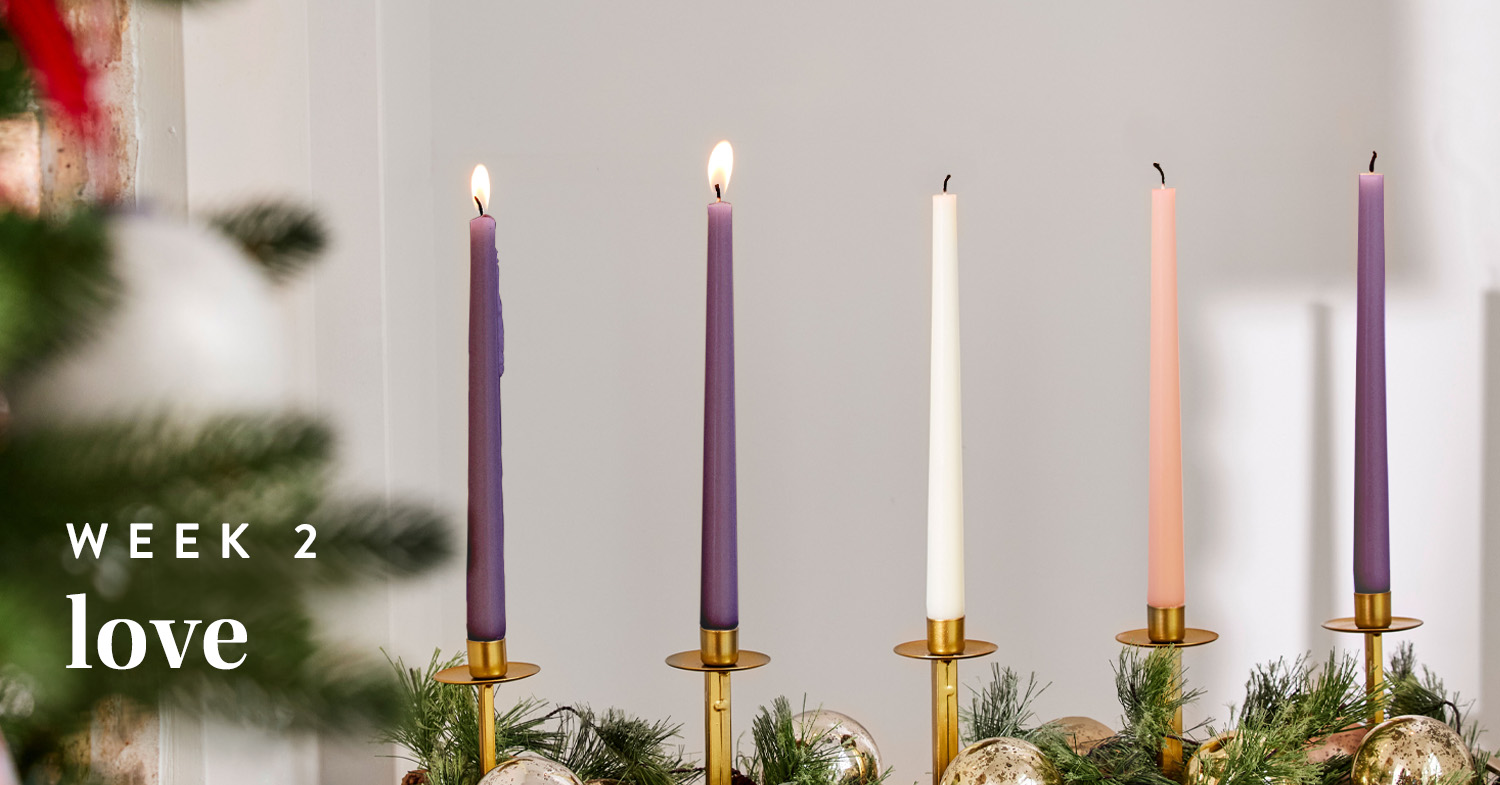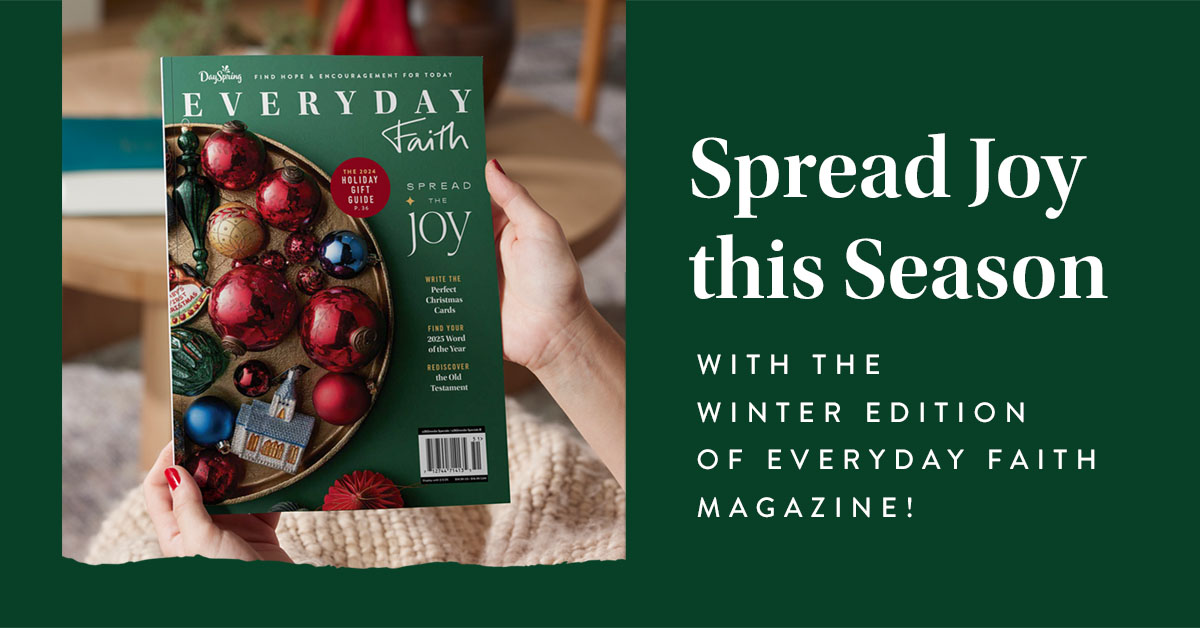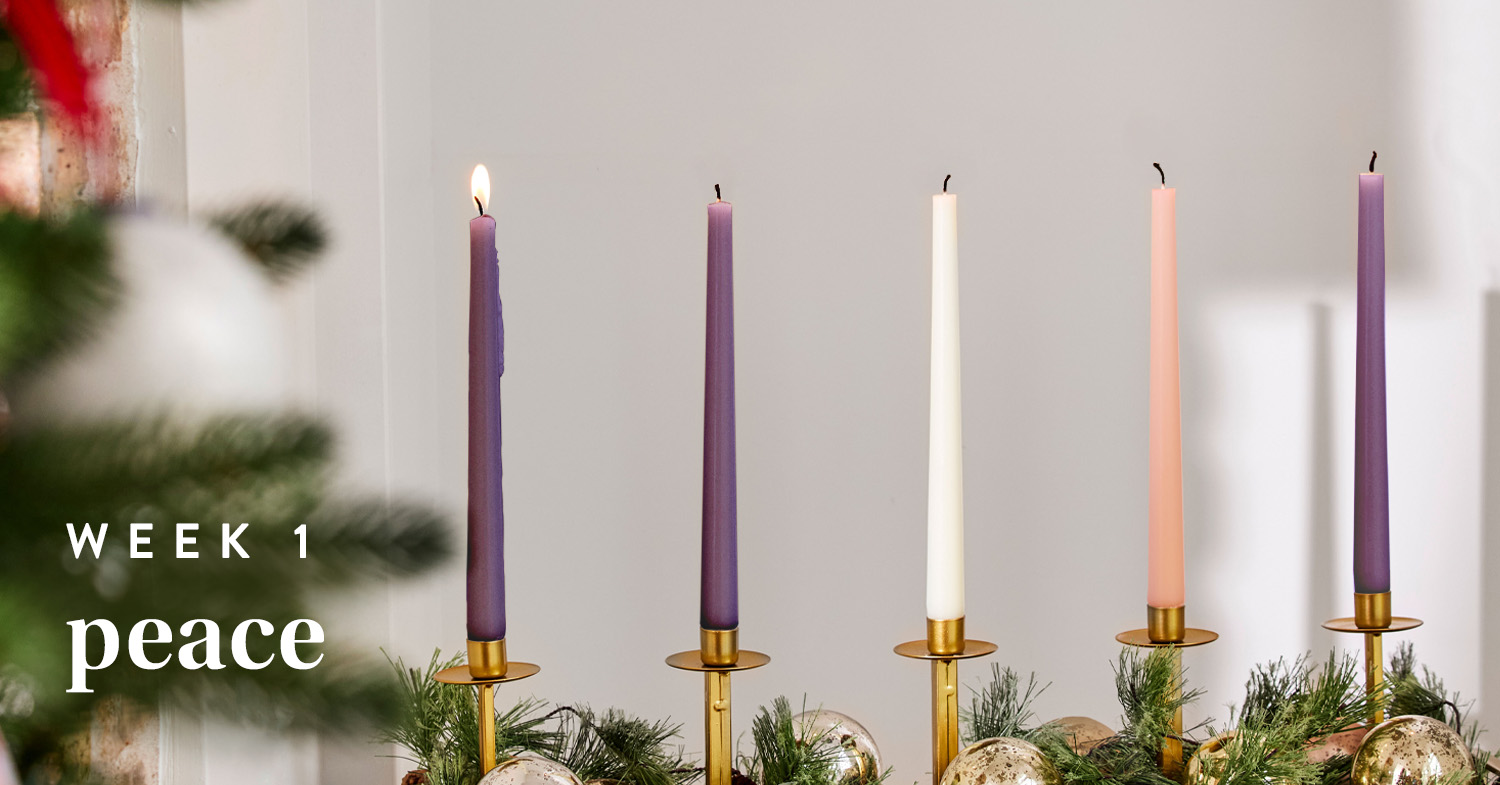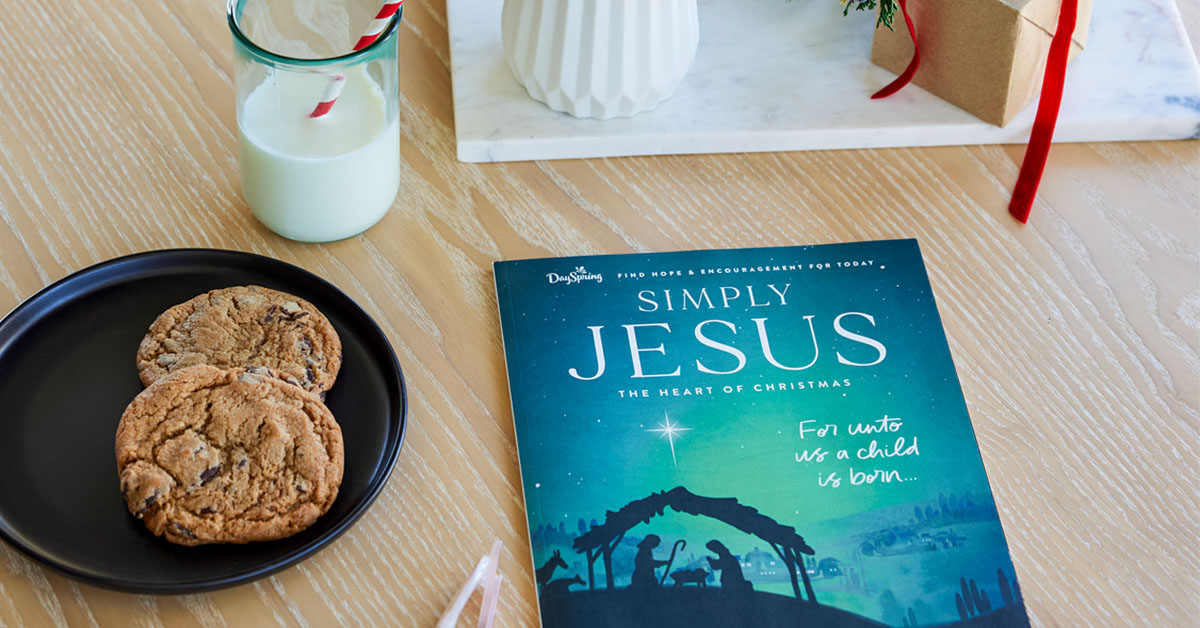I was helping my six-year-old get ready for school one morning when he looked at me and proclaimed, “Can’t steal the God Light!”
In our typical form of microphone singing, we proceeded to make a song about this proclamation. (Turns out, the acoustics in the bathroom are extraordinarily perfect for the both of us!) I’ve always known my son is full of insight beyond his years, but this godly nugget came as a surprise and made me pause in the best way. I love that about the little people. How profound!
Later, my son informed me that the “God Light” means God’s power and ability. He also shared that God’s power is so great, it cannot be stolen. As a visual person, I tried to put figurative imagery to this God Light. Taking cues from my lifelong memories of light, I thought up a list of simple visual metaphors:
Is the God Light like a flashlight, charged to shine on a wooded, forest pathway in the nighttime?
Is it an oil lamp, similar to the one my family kept in the back closet growing up, ready for use at all times?
Perhaps it’s like the sun at daybreak, a powerful illumination streaming over a dark horizon of wispy clouds?
Or a trusty beaming headlight for a wayward car?
My favorite fireworks show — perfectly timed for a summer’s night sky?
The lone closet light, a quiet early-morning place to pray after a long, sleepless night?
Oh, the internal light surrounding a person shining from with, lighting up a room with positive joy?
A fire pit giving warmth and utility, gathering friends and family for S’mores and fellowship?
Or an ever-present candle, a steady aromatic glow that feels like home?
A lantern, maybe — a hope we carry with us on our way?
Electrical energy, moving currents and charged power that feel scientific — we can’t explain it though we feel it?
Is the God Light like the stars? Uncontainable, numerous, and as vast as the universe?
Perhaps it’s like a lighthouse, a strong shelter to welcome weary travelers to safe shorelines?
Or the spectrum of visible light — waves of colors bringing beauty and bright to inform our everyday?
Alas, none of my visual metaphors can do justice. For, God’s light is too big, too vast, too powerful for our finite comprehension. Yet, still, His light is so near and reachable as He graciously shares a little bit of it with us. God’s beautiful light keeps us lifted and steady in this dark world that does not understand us. Without the God Light in and surrounding us, we would stumble when the night’s darkness presents. God’s light is life, and it is salvation and power. It is our strength to cancel out all fear and our direction so that our feet do not stumble.
Jesus told us that He is our light, fulfilling the promise of our propitiation: “I am the light of the world. He who follows Me shall not walk in darkness, but have the light of life” John 8:12 (NKJV). He beckons us from darkness into His marvelous light, so that we can be the chosen people to proclaim His goodness and grace. God He has made a way for His light to shine in us so that we may know Him, experience Him, and share His glory with those who have yet to see Him illuminated.
It may be the case that, as my son’s memories are replaced by newer and older memories, my little one may not remember singing his “God Light” song with me in the bathroom. But it’s okay if he forgets the song, because I believe that, amidst our comings and goings and growings, Jesus is the good thing that cannot ever be taken away from us.
It is as my son said: the God Light can’t be stolen. It’s a gift we can choose and cherish. So . . . may we all continue to choose the precious God Light.






